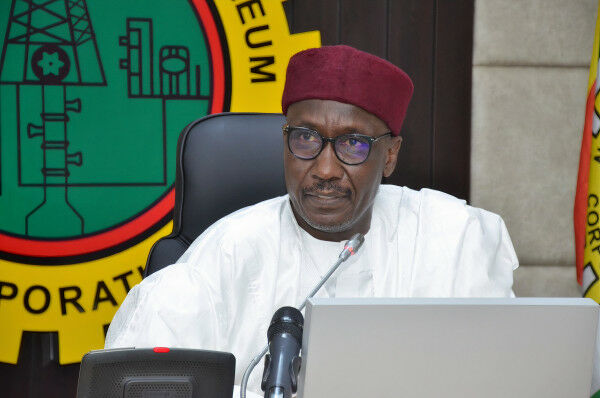
Stakeholders insist theft, vandalism devastating economy
Nigerian National Petroleum Company Limited (NNPCL) is scouting private financiers to overhaul dormant 5,120 kilometres of pipeline network, insisting, yesterday, in Abuja, that the nation’s refineries, being repaired for about $2.9 billion are on the verge of taking off.
This comes as industry players and the National Assembly raised concerns over the country’s pipeline assets and its implications in worsening environmental pollution from the downstream segment of the country’s oil sector as well as the reoccurring cases of vandalism on the pipelines.
While the country has over 5,120 kilometres of pipelines with 23 product depots and crude oil terminals as well as eight Liquefied Natural Gas (LNG) plants, petroleum products are mainly trucked at the detriment of lives and property as well as the environment.
Speaking at the Nigerian International Pipeline Technology and Security Conference, Group Managing Director (GMD) of NNPCL, Mele Kyari, said the Escravos to Warri and Bonny to Port Harcourt crude pipeline segments had been rehabilitated to support the coming on stream of Warri and Port Harcourt refineries.
With billions of naira being spent to repair and secure the pipelines, Kyari, represented by the Managing Director of NNPC Pipeline and Storage, Folorunso Kareem, admitted that the system being used by the company “creates significant cost” to due high-security cost, adding that a new pipeline network would solve these issues.
According to him, a new strategy is to construct high integrity, low-risk pipelines with engineering solutions, HDD, to bury pipelines deeply in high-risk areas .
Kyari disclosed that new technology solutions for monitoring and managing fibre optic technology, geo-tagging/sensing technology, and radio frequency are being deployed.
He added that the project would be financed through private investment to construct the pipelines through the Build Operate and Transfer (BOT) model.
The return on investment, Kyari said, would be provided through a throughput fee to give a return on capital invested, adding that the throughput fee would be higher than the current costs of security and losses.
Chairman of the House of Representatives Committee on Petroleum Resources (Upstream), Alhassan Doguwa, noted the devastating effect of pipeline vandalism and oil theft on Nigeria’s economy, environment and global reputation.
Calling for a multi-dimensional approach to tackle the issues crippling the nation’s oil and gas infrastructure, Doguwa said: “The activities of criminal networks, including illegal tapping points, and the use of sophisticated infrastructure to siphon oil, have led to massive revenue losses and environmental degradation.”
He noted the need for enhanced monitoring and technology, strengthened security, rigorous application of the Petroleum Industry Act (PIA), sustainable pipeline operations, environmental sustainability and community engagement to protect the pipeline infrastructure.
Doguwa emphasised the critical role of the legislature in driving solutions, stating that the National Assembly remained committed to legislating, providing oversight, and undertaking necessary reforms to safeguard the oil and gas sector.
Calling for collaborative action, Doguwa urged major stakeholders to commit to actionable solutions that would secure Nigeria’s pipeline network, enhance efficiency and safeguard the environment.
The Minister of State for Petroleum Resources (Gas), Ekperikpe Ekpo, at the event, noted the critical role pipelines play in Nigeria’s economic development and environmental sustainability, stressing the need for partnerships in tackling the challenges facing the nation’s pipeline network.
The Chairman, Pipeline Professionals Association of Nigeria (PLAN), Geoff Onuoha, noted that the cost of constructing pipelines remained high and such must be protected as it is critical to energy security.
Onuoha, who said there is a link between pipeline infrastructure and development, noted that the installation costs of some pipelines ranged from $4 million to $20 million per kilometre depending on whether the pipeline is onshore or offshore.
With the examples of Nigeria’s pipeline projects, such as the OB3 pipeline (costing approximately $1.2 billion for 12 km) and the AKK pipeline ($2.8 billion for 614km), he said pipelines must be prioritised as the engineering, design, regulatory clearances, and advanced operational technologies like SCADA and AI systems are complex and demanding to plan.






